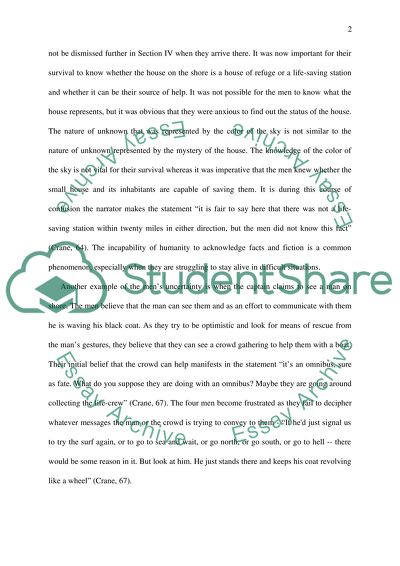Cite this document
(“The Open Boat by Stephen Crane Book Report/Review”, n.d.)
The Open Boat by Stephen Crane Book Report/Review. Retrieved from https://studentshare.org/literature/1452779-the-open-boat-by-stephen-crane
The Open Boat by Stephen Crane Book Report/Review. Retrieved from https://studentshare.org/literature/1452779-the-open-boat-by-stephen-crane
(The Open Boat by Stephen Crane Book Report/Review)
The Open Boat by Stephen Crane Book Report/Review. https://studentshare.org/literature/1452779-the-open-boat-by-stephen-crane.
The Open Boat by Stephen Crane Book Report/Review. https://studentshare.org/literature/1452779-the-open-boat-by-stephen-crane.
“The Open Boat by Stephen Crane Book Report/Review”, n.d. https://studentshare.org/literature/1452779-the-open-boat-by-stephen-crane.


